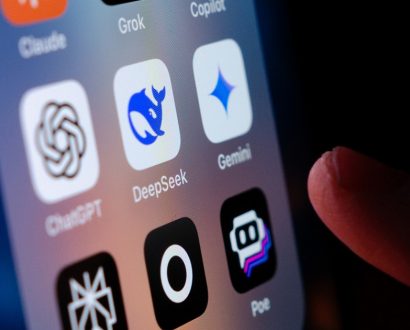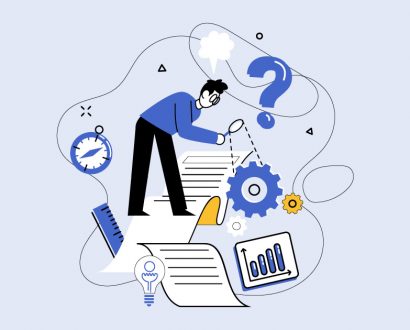Information overload is costing us dearly. In 2010, Basex estimated the cost at $997 billion dollars for the American economy.
The human brain is a powerful information processor, taking in 11 million bits of information per second. Those bits then rapidly pass through a succession of information filters whittling out what it considers valid and relevant and tossing the rest.
This has worked well for us until now, but with the exponential growth of information available, our capacity to manage this deluge is being tested.
Accessing the 2.5 quintillion bytes of data generated every day and managing the 200 billion emails sent daily is requiring our adaptive brain to play evolutionary catch-up and is manifesting as two significant problems.
First, some of the vital information that we intended to keep gets tossed out by mistake. Second, the prefrontal cortex, the part of the brain used for planning, organising and decision-making has limited capacity. It rapidly becomes overwhelmed, leading to increased brain fog, loss of efficiency and poorer decisions.
As a leader, helping your team retain clarity of thought, create new insights and make better decisions begins by putting in place the appropriate filters and boundaries.
-
Limiting the volume of information being considered
When too many options are available, analysis paralysis can lead to decisions being deferred, poorer decisions being made and greater uncertainty that the best decision has been made.
Uncertainty causes the brain stress leading to the increased release of the stress hormones adrenaline and cortisol that in excess impair cognition. One study by LexisNexis in 2010 revealed how employees were spending up to half their working day receiving and managing information, rather than working with it.
-
Ensuring your team has downtime
Over busy brains find it harder to think straight, make more mistakes and find it difficult to switch off. Cognitive fatigue is a major workplace hazard because it impairs memory and focus, diminishes emotional regulation and is associated with poor immune function resulting in reduced performance and increased sick leave.
Working too many hours (over 55 hours a week) to keep up with heavy workloads is also associated with reduced productivity. Encouraging a culture where sleep and downtime are highly valued can assist this, ensuring your team is coming to work mentally refreshed, re-energised and awake!
-
Dealing with the need to know and FOMO (fear of missing out)
Too much information makes getting into ‘flow’, the optimal mind state for working at our best harder. This is where corralling distractions so they are out of sight or earshot for designated periods helps to reduce the urge to immediately respond to emails or phone calls. Managing information input is about organising incoming data to maximise mental efficiency.
Applying focus in short, sharp chunks of 30-45 minutes reduces the fragmentation of attention that can otherwise lead to more mistakes and more time to complete the tasks. Prioritising work, monotasking and blocking off time to restrict the number of interruptions have all been shown to boost productivity.
-
Taking time out
Critical thinking has been identified as a key workplace skillset for the 21st century that can be readily learned and developed through practice. Taking time out to think enables opportunities to be seen, facilitates early identification of problems, promotes careful analysis and evaluation of information available, leading to better decisions. For teams, giving individuals time to think alone first, before coming together to brainstorm ideas has been shown to be effective.
-
Protecting minds by slowing down thinking
Pressing pause for 10-15 minutes each day has been shown to reduce stress, and enhance focus and creativity. Whether undertaken as a formal mindfulness practice, during exercise or as quiet time behind a closed door, taking time out to sit and think helps to make sense of the information available and clarifies what the next step should be.
As data production and gathering continues to gather pace, managing how we deal with information overload is becoming increasingly important. Our future success will depend less on what we know, and more how well we think.







